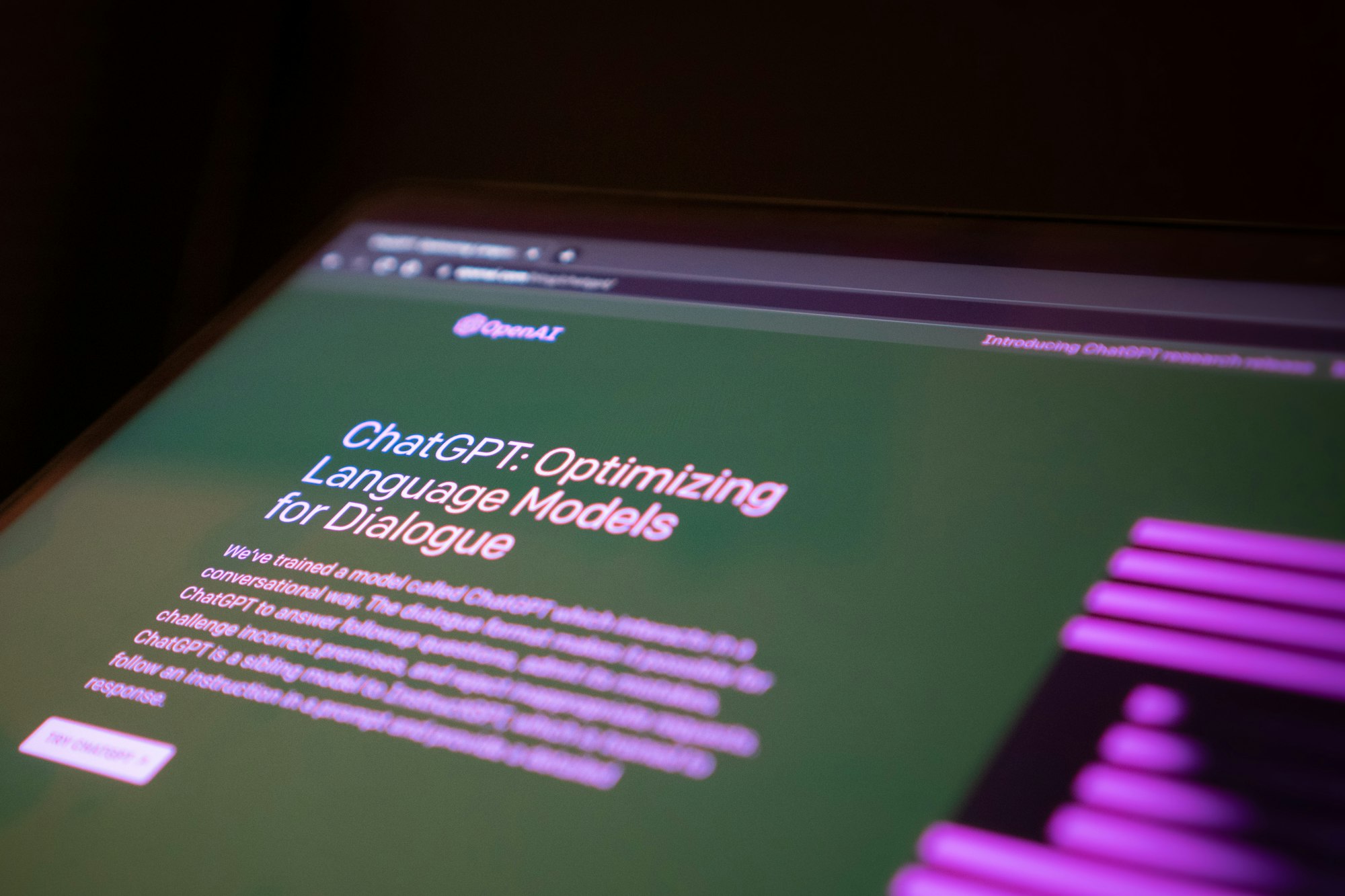Nicholas LoVecchio told me he knew something was wrong as soon as he received the peer-review responses to his paper about “taboo” language titled “Using translation to chart the early spread of GAY terminology.”
“I received them in the evening, the week before Christmas and I was just going through them in disbelief,” LoVecchio told me on a call, referring to the responses to his paper from two anonymous peer reviewers for the journal mediAzioni. “It basically didn't say anything, they didn't really say anything of substance. At that point I actually hadn't used ChatGPT but I’m very familiar with what it sounds like.”
LoVecchio ran the responses through seven AI-generated text detectors, all of which indicated a high likelihood that they were AI-generated. mediAzioni denies that the responses were AI-generated, and so did the anonymous reviewers, who responded to LoVecchio’s accusations.
“The machine content was obvious to me because there was not a single coherent critique that meaningfully engaged with my paper,” LoVecchio wrote on his personal website late last year. On our call, he told me the responses were generic, and simply told him he needed to cite more sources and to work on his transitions, which he said was “preposterous.”
“I went through the reports line by line, word by word: there was nothing there,” he wrote on his site.


